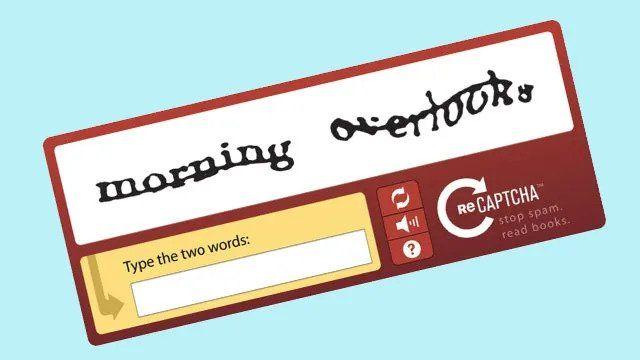AI just made a mockery of CAPTCHA and that’s bad news for real people
CAPTCHA, the acronym for Completely Automated Public Turing test to tell Computers and Humans Apart, has been a crucial tool in distinguishing between human users and automated bots online. For years, it has served as a security measure, protecting websites and online platforms from spam, malicious attacks, and data breaches. However, recent advancements in artificial intelligence (AI) have rendered CAPTCHA almost obsolete, making it a mockery of its original purpose and raising concerns about the future of online security for real people.
The effectiveness of CAPTCHA lies in its ability to present a challenge that is easy for humans to solve but difficult for machines. Usually, it involves distorted characters or images that human users can easily decipher, while most automated bots struggle to understand or interpret them accurately. By successfully completing a CAPTCHA, users can prove that they are real people, ensuring a more secure online environment.
Unfortunately, AI algorithms have evolved to the point where they can now effortlessly solve even the most complex CAPTCHAs. Cutting-edge machine learning techniques, such as deep learning and neural networks, have enabled AI models to analyze and understand distorted characters or images better than ever before. As a result, sophisticated AI systems can bypass CAPTCHAs with an unprecedented level of accuracy, significantly reducing the security effectiveness of this widely-used security feature.
The implications of this AI advancement are concerning for several reasons. Firstly, it exposes websites and online platforms to increased risks of spam, cybersecurity breaches, and fraudulent activities. Without a reliable tool to differentiate between humans and bots, malicious actors can easily access sensitive information, infect websites with malware, or disrupt online services. This poses a significant threat to individuals, businesses, and organizations alike, as their personal data and digital assets become more susceptible to exploitation.
Additionally, the demise of CAPTCHA undermines the user experience and privacy of real people online. CAPTCHAs, although often frustrating, were a necessary inconvenience that helped ensure the authenticity of human users. Without this mechanism, users may see an increase in unwanted advertisements, unsolicited emails, and automated spam messages flooding their inboxes. Moreover, hackers and data miners could exploit the lack of protection offered by CAPTCHA, resulting in a breach of personal information or an invasion of online privacy.
Furthermore, the bypassing of CAPTCHA by AI systems raises questions about the future of online security. If AI can solve CAPTCHAs effortlessly today, what other security measures will become vulnerable tomorrow? As AI continues to evolve, it is essential that new, robust security protocols are developed to stay ahead of emerging threats. The need for innovative and effective security measures is crucial to maintain the trust and confidence of users as they navigate the rapidly changing digital landscape.
the recent advancements in AI technology have exposed CAPTCHA’s weaknesses, rendering it almost useless as a security measure to distinguish humans from machines. This development poses numerous challenges for the online community, including increased risks of spam, cybersecurity breaches, and privacy invasion. It is imperative for developers and security experts to adapt and innovate in response to this evolving landscape, ensuring that robust mechanisms are in place to protect real people online.

